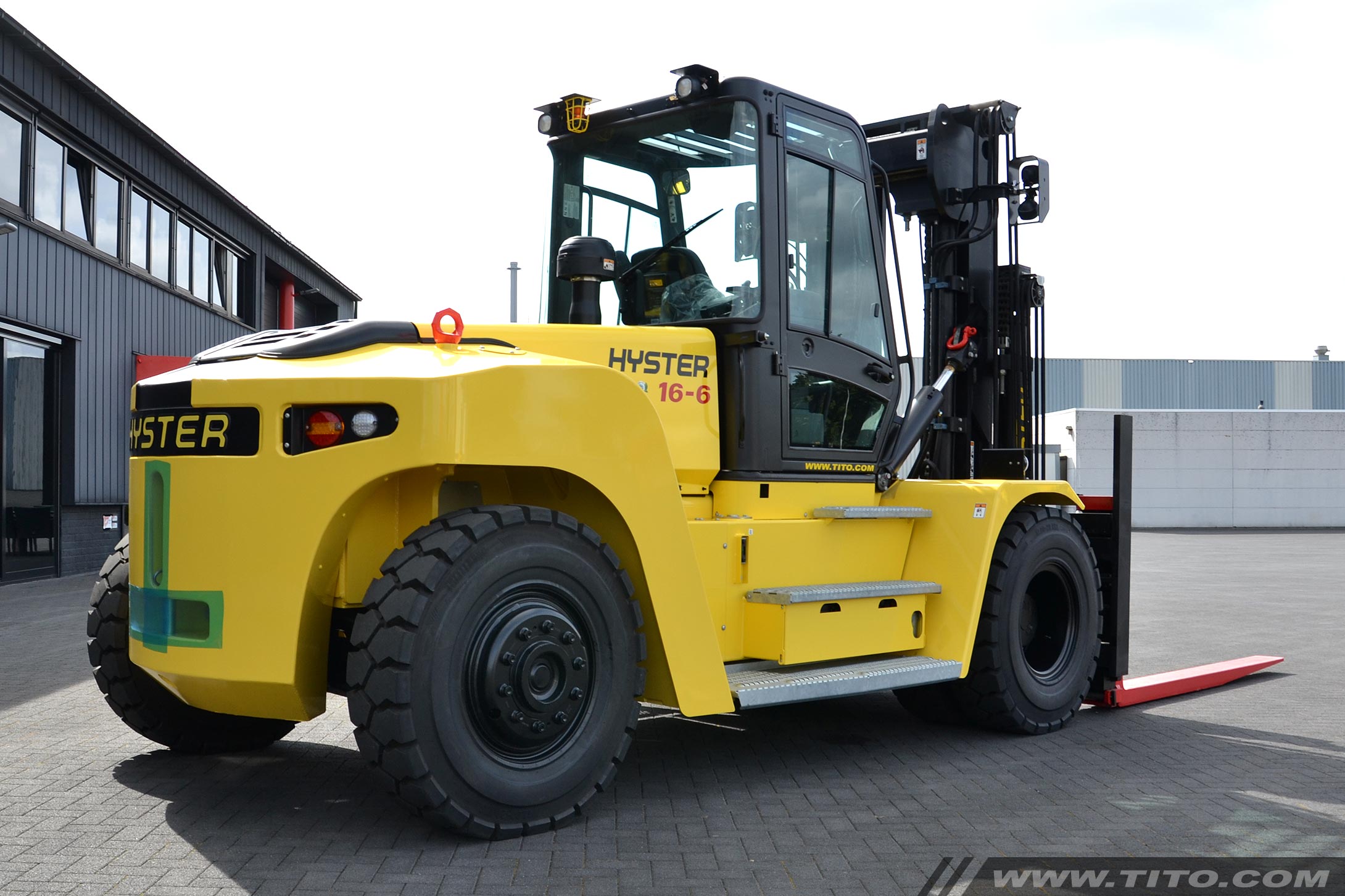

We very much are not that.Īnd that's why our list of speciifc compounds and constructions for different situations is so comprehensive that we gave up even

If you're used to being told you need to order a large volume to get a mix of compounds in your container, well, you'reĭealing with a one-size-fits-all supplier. One of the few factories that has no trouble compounding small batches of tires for you. Once developed, we have small batch mixers and really huge mixers, several stories tall all in, which means we're Spit out sample after sample in small batches to develop compounds more quickly and accurately.
#6.50 10 forklift tire full size
We even have testing mixers about the size of a full size pickup so our compounding nerds can Just sub in your favorite performance workhorse.)Īt Mouldmate, we have our own R&D, compounding and testing departments - and a number of mixers, large and small. TOKAI EP is the Audi that pleasantly surprises you. If the top tires are the Maybachs of the solid industrial forklift tire world, the The EP is not a budget tire, though, it's a value-priced premium tire. Tires, at a price that's considerably more affordable. Our standard construction, all-purpose compound 3-layer EP runs very well in most applications, and wears better in certain applications than some of the most well-known The first sign that you're dealing with a BS tire is when the factory salesman tells you, "Oh yeah, it'll beat the crap outta the SC18 or the Elite XP." At TOKAI our policy is we don't trash other people's productĪnd, in fact, our engineers and designers think very highly of the SC18, which the TOKAI EP has competed directly against in national markets - and outperformed on a quality at cost-per-hour basis in enough You just can't beat all-natural Thai rubber, and that's why we use it - you should too. When you see cracks or tears in a synthetic tire you can start the clock on it, while a natural rubber tire takingĪ beating from cuts and rips is more likely to hold together and not fail. Additionally, natural rubber holds together better after getting gashed or ripped on. Rubber, among other things, provides greater rebound resilience, meaning that every time that lug rolls down under pressure and then rolls back up, the natural rubber takes less of a beating than synthetic rubber It's also why when oil prices skyrocket, we don't need to worry about raising the cost of our tires the way some factories who rely heavily on synthetic rubber might. Thailand produces more natural rubber than any country in the world, look it up, and that's why we can afford to make such a high quality tire

In the oils and additives that go into any part of a tire. many years, except to make minor improvements Sometimes, in some applications that's a good thing - and we do that too, where it makes sense for our customers - but our basic tread layer hasn't been touched in many.

See, over time, one way a lot of tires have become cheaper (or more profitable for factories) is by taking out natural rubber and putting in other stuff. When the tire rolls out of the container. When we tell customers that our standard black tread layer is, other than additives needed to make a tire, pretty much made of all-natural rubber they almost don't believe it, until they take a look at the finish


 0 kommentar(er)
0 kommentar(er)
